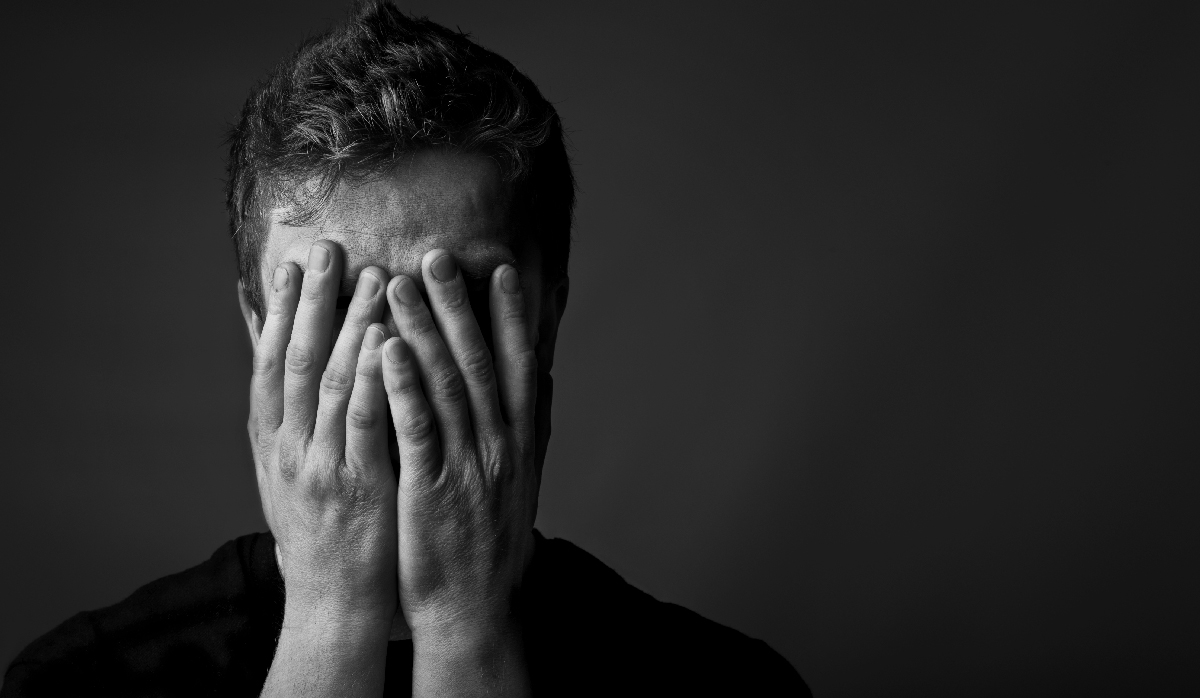It can be upsetting as a parent to realize your child has an eating disorder. It can be heartbreaking to watch them struggle with the physical and psychological tolls eating disorders can have. At Banyan Lake Worth rehab, where we offer eating disorder support, we understand the importance of recognizing the signs of child eating disorders and finding the right kind of care. If you’re a concerned parent, here’s how to tell if your child has an eating disorder.
What Is an Eating Disorder?
Eating disorders are behavioral conditions characterized by severe and relentless disruption in eating behaviors, as well as associated negative thoughts and emotions. Eating disorders are about more than just food but are rather the result of an unhealthy relationship with food that can stem from poor mental health and other psychological factors. These disorders can be very serious and life-threatening because they can affect people mentally, physically, and socially.
Different types of eating disorders include:
- Anorexia nervosa
- Bulimia nervosa
- Binge eating disorder (BED)
- Avoidant restrictive food intake disorder
- Pica disorder
- Rumination
Eating disorders are one of the several signs of mental illness in children. These disorders are often linked to other mental health conditions like anxiety disorders, obsessive-compulsive disorder, and substance abuse disorders. If you’re an adult who has struggled with any of these conditions, we offer eating disorder treatment at Behavioral Health of the Palm Beaches that can address the causes of these disorders and the best coping mechanisms.
Does My Child Have an Eating Disorder?
While children are often labeled as picky eaters, child eating disorders often go beyond the normal aversion to vegetables. The most common types of eating disorders in children and adolescents are avoidant restrictive food intake disorder, pica, and anorexia nervosa.
Early detection is key to preventing and treating these disorders accordingly. A lack of treatment can lead to further mental and physical harm. The longer children with eating disorders go without treatment, the higher their risk of permanent health problems.
Therefore, learning how to tell if your child has an eating disorder can save their life. The signs of child eating disorders are often subtle, mainly because your child doesn’t have to focus on weight or body image to develop an eating disorder.
Some common warning signs of an eating disorder in a child include:
- Fear of stomach aches
- Strong aversions to certain tastes or textures
- Concerns about body image (can depend on the child’s age)
- Excessive bowel movements or diarrhea
- Aversion to eating in general
- Reduced food portions
- Lack of physical growth
- Thinning of their hair
- Delayed puberty
- Loss of or irregular menstrual cycle (in females who have developed their periods)
- Hiding or hoarding food
- Frequent mood swings
- Fine hair growth on the body
- Compulsive or excessive exercising
- Unusual behavior concerning food (for example, they won’t eat something if two foods touch)
- Vomiting or going to the bathroom immediately after eating
- Eating large amounts of food without gaining weight
- Isolation from others
- Severe exhaustion
- Constantly feeling cold
- Mouth infections
- Sensitive or damaged teeth
- Bad breath
- Obsession with their appearance or how their body is perceived by others
The rate of eating disorders in kids keeps rising. These conditions usually coincide with other mental health problems.
Children with eating disorders who do not receive treatment may continue struggling with their mental and physical health as adults. Kids’ eating disorders that are not addressed in adolescence often bleed into adulthood.
If you’re an adult 18 years or older who’s struggling with mental health, we can help. Call BHOPB now at 561-220-3981 to learn more about mental health programs and treatments like our binge eating disorder (BED) treatment.













